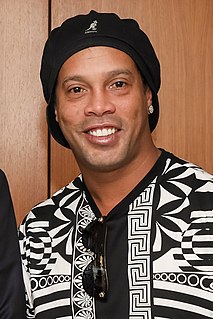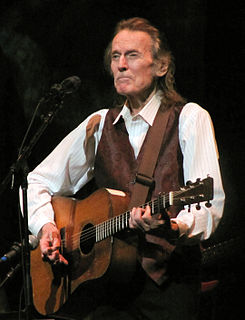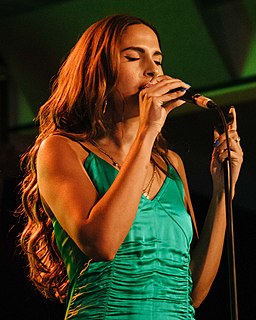A Quote by Dustin Hoffman
Tom [Courtenay] and Albert Finney met Ron Harwood on the dresser, so that's how it started. It's a wonderful documentary. It's called Tosca's Kiss and Mr Hardwood told me about it when I asked him what the genesis was. It was made in 1983 and Verdi, who was rich and successful, toward the end of his life decided to build a mansion for himself in Milan, where he lived, and he stipulated that when he died opera singers and musicians - because he knew so many who were no longer playing at the Scala and some were poor - could live there.
Quote Topics
About
Albert
Asked
Because
Build
Could
Decided
Died
Documentary
Dresser
End
Genesis
Hardwood
Him
Himself
His
How
Kiss
Knew
Life
Live
Lived
Longer
Made
Mansion
Many
Me
Met
Milan
Musicians
Opera
Opera Singer
Opera Singers
Playing
Poor
Rich
Ron
Singers
Some
Started
Successful
Tom
Toward
Verdi
Were
Wonderful
Related Quotes
I came in on this movie after there had been a director and I came in after Tom Courtenay had talked to Ron Harwood about making a movie. So, you know Tom and Albert Finney had been friends since the beginning of their career as they became stars around the same time - Tom always reminds me that Albert was first with Saturday Night and Sunday Morning and then Tom with The Long Distance Runner.
My father died right after the movie Rain Man was released. He got to see it, then literally the day before he died, he asked Mama to take him to see it one more time - because he knew he was declining. Tom's assistant at the time told him my father died, and he wrote me a very personal note. I haven't seen him since, but you can't say anything bad about Tom Cruise to me, because anybody who takes the time to do that is very special.
If you had been poor in your last life I would have asked you to be rich when you come again. But you were rich. If you had been a coward, I would have asked you to bring courage. But you were a fearless warrior. If you had died young, I would have asked you to get life. But you lived long. So I shall ask you to come again the way you came before.
I think we did our first session in 1958. There were no black background singers - there were only white singers. They weren't even called background singers; they were just called singers. I don't know who gave us the name 'background singers,' but I think that came about when The Blossoms started doing background.
[Some of the people I'd met] were wonderful people as human beings, and some people were more difficult. I could not see a correlation between their particular genius in playing chess and music and mathematics, etc. ... with human qualities. Some were really good, wonderful people, and some were difficult characters, but there was no clear correlation. But when I met some spiritual masters, [I thought that] there had to be a correlation, and it turned out to be true.
I went on tours with [Bob] Dylan - the big one was in 1975 and called Roaring Thunder Review. I knew him well because I met him around the time he did his second album, in 1963. He recorded one of my songs called Shadows. In the 1970s, it was suggested that we do a duet, because we had the same manager, Albert Grossman, who also managed Odetta and Peter, Paul and Mary. Dylan and I respected what each other did, but I just decided not to do it.
[Albert Camus] started thinking through sensation. He could never think with artefacts or with cultural models because there were none. So it's true to say that his morality was extremely 'lived', made from very concrete things. It never passed by means of abstractions . It's his own experience, his way of thinking.
It had long been true, and prisoners knew this better than anyone, that the poorer you were the more likely you were to end up in jail. This was not just because the poor committed more crimes. In fact, they did. The rich did not have to commit crimes to get what they wanted; the laws were on their side. But when the rich did commit crimes, they often were not prosecuted, and if they were they could get out on bail, hire clever lawyers, get better treatment from judges. Somehow, the jails ended up full of poor black people.
When I was young, we thought that Oscar Wilde was a great nobleman who had thrown his life away for love. Nothing could be less true. He slept with East Enders who were procured for him by Lord Alfred Douglas. He knew them only 'in Braille' - the curtains were never drawn back in the rooms in Oxford where he met those boys. It was the most sordid life you can imagine. And he was bleating about love and dragging the fair name of Mr. Plato into the trial - after a life like that?


































